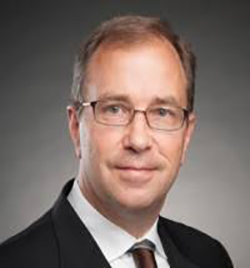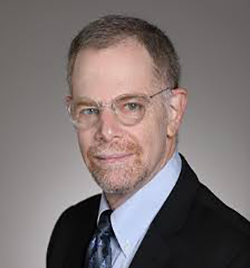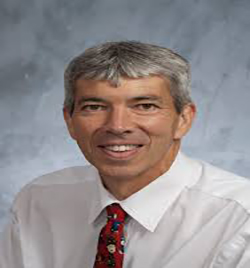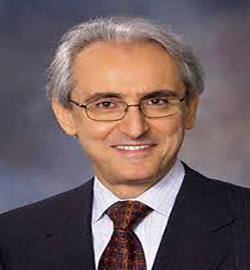Minesh P. Mehta, MD

Deputy Director and Chief of Radiation Oncology
Baptist Health South Florida and Miami Cancer Institute
Minesh P. Mehta, M.D., FASTRO, is the medical director at Maryland Proton Treatment Center at the University
of Maryland. Board-certified in Radiation Oncology, Dr. Mehta specializes in the management of patients with
benign and malignant tumors, vascular malformations, and other brain conditions such as trigeminal
neuralgia,
as well as in the area of thoracic tumors. He maintains an active interest in radiation-drug interactions,
amelioration of radiation toxicities, incorporation of advanced radiation and imaging technologies, and is
keenly interested in expanding the frontiers of personalized care in radiotherapy.
Dr. Mehta received his medical degree with highest honors from the University of Zambia, School of Medicine,
in Lusaka, Zambia, where he received numerous awards through the course of his medical education. His
radiation oncology training was completed at the University of Wisconsin Hospital in Madison in
1988.
Following his training, Dr. Mehta was appointed assistant professor of Human Oncology at the University of
Wisconsin and joined the staff of the University of Wisconsin Hospital and Clinics, and served as a
consultant
at 10 area hospitals. In 1997 he was appointed as the Chairman of the Department of Human Oncology at the
University of Wisconsin, and was promoted to Professor with Tenure. He was also appointed as the Chair of
the
Brain Tumor Committee of the Radiation Therapy Oncology Group. During this timeframe, he led the Imaging and
Radiation Sciences Program of the University of Wisconsin Comprehensive Cancer Center, was the PI for a
Program Project Grant and led the University of Wisconsin as the PI for the Brain Tumor Consortium Grant. He
developed robust clinical research programs in thoracic and neuro-oncology, and also developed a state-wide
network of Radiotherapy centers. In 2007, after 10 years as Department Chair, Dr. Mehta stepped down from
administrative responsibilities while devoting time to national leadership efforts at the American Board of
Radiology, the FDA Radiological Devices Panel, the American Society for Radiation Oncology, the American
Society of Clinical Oncology, the International Stereotactic Radiosurgery Society, and the Society of
Neuro-Oncology. In 2010, Dr. Mehta accepted the position of Professor of Radiation Oncology at Northwestern
Memorial Hospital.
During his academic career, Dr. Mehta has lectured all over the world (over 500 presentations), and has
authored more than 700 manuscripts, abstracts and book chapters. In 2010, as editor-in-chief, he published
what is regarded as the definitive textbook in neuro-oncology. He has also provided leadership for over 100
clinical trials through clinical trials cooperative groups such as ECOG, CCG, COG, RTOG, NABTC, and ABTC,
and
has also led international, randomized multicenter clinical trials.
Dr. Mehta is a fellow of the American Society of Radiation Oncology. He is a member of several national and
international medical societies, having provided a leadership role in several of these organizations













